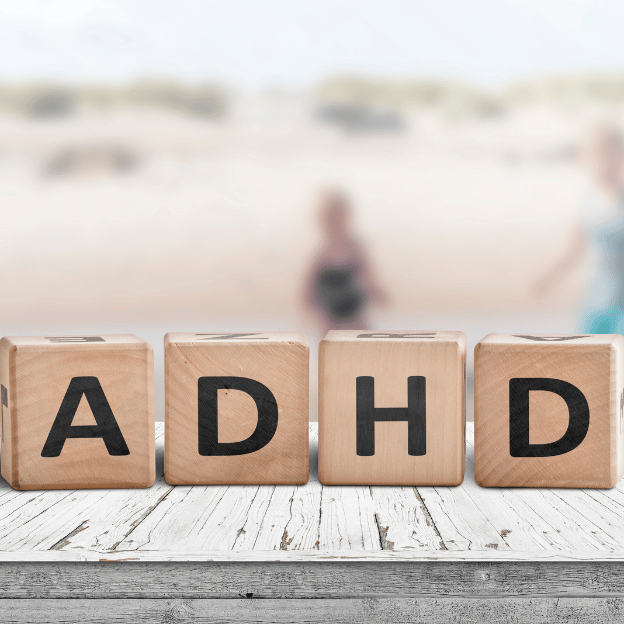Anxiety in Teens: What Parents Need to Know Right Now

Strong 8k brings an ultra-HD IPTV experience to your living room and your pocket.
Today’s teenagers are growing up in a world full of pressure. From academic demands and social media comparisons to global issues and personal struggles, many teens are feeling overwhelmed and anxious. As a parent, it’s important to understand what anxiety in teens looks like, what causes it, and how you can help. Visit here.
What Is Teen Anxiety?
Anxiety is a natural stress response. But when it becomes constant, intense, or interferes with daily life, it can be a sign of an anxiety disorder. Teenagers with anxiety may feel nervous, restless, or afraid — even when there’s no clear reason.
Anxiety can affect your teen’s mood, sleep, school performance, and relationships. The good news? With the right support, anxiety is manageable, and your role as a parent matters more than you might think.
Common Signs of Anxiety in Teens
Not all teens will tell you they’re feeling anxious. In fact, many try to hide it. But here are some warning signs you can watch for:
- Frequent headaches or stomachaches
- Trouble sleeping or constant fatigue
- Avoiding social events or activities they used to enjoy
- Irritability, restlessness, or mood swings
- Difficulty concentrating or staying focused
- Decline in school performance
- Worrying too much about the future or everyday situations
Every teen is different. Some may cry or isolate themselves, while others may become angry or shut down. The key is to pay attention to changes in behavior that last more than a few weeks.
What Causes Anxiety in Teens?
There’s no single cause of anxiety. It’s usually a mix of emotional, environmental, and genetic factors. Common triggers include:
- School pressure: Exams, college plans, grades, and competition
- Social media: Fear of missing out (FOMO), cyberbullying, and unrealistic comparisons
- Family stress: Divorce, illness, or financial worries
- Peer pressure: Wanting to fit in or feeling excluded
- Trauma or past experiences: Loss, bullying, or a major life change
- Personality traits: Teens who are perfectionists or highly sensitive may be more likely to experience anxiety
Some teens are also more vulnerable due to a family history of anxiety or depression.
How Parents Can Help
As a parent, your support can make a huge difference. Here are some helpful ways to guide your teen through anxiety:
1. Start the Conversation
Let your teen know you’re available to talk. Listen without judgment. Say things like:
“You’ve seemed really stressed lately. Want to talk about it?”
Avoid rushing to fix the problem — just being there helps.
2. Validate Their Feelings
Don’t dismiss their worries. Instead, say: “That sounds really tough. I’m here for you.” Feeling heard and understood builds trust.
3. Encourage Healthy Habits
Help them build routines with enough sleep, balanced meals, and physical activity. Movement, in particular, is a powerful stress-reliever.
4. Limit Screen Time & Social Media
Create device-free times at home to reduce overstimulation. Encourage offline hobbies or quiet time.
5. Teach Coping Skills
Introduce calming techniques like deep breathing, journaling, or mindfulness apps. Practicing these together can also build a connection.
6. Know When to Get Help
If anxiety is affecting your teen’s daily life, it’s okay to seek help. Talk to a school counselor, pediatrician, or mental health professional. Therapy or counseling can give your teen the tools to cope and feel better.
Final Thoughts
Anxiety in teens is real, but it’s also manageable. With your love, support, and guidance, your teen can learn to handle stress in healthy ways and build emotional strength for the future.
Remember: you don’t need to have all the answers — you just need to be there. Sometimes, knowing they’re not alone is the biggest comfort of all.
Note: IndiBlogHub features both user-submitted and editorial content. We do not verify third-party contributions. Read our Disclaimer and Privacy Policyfor details.







